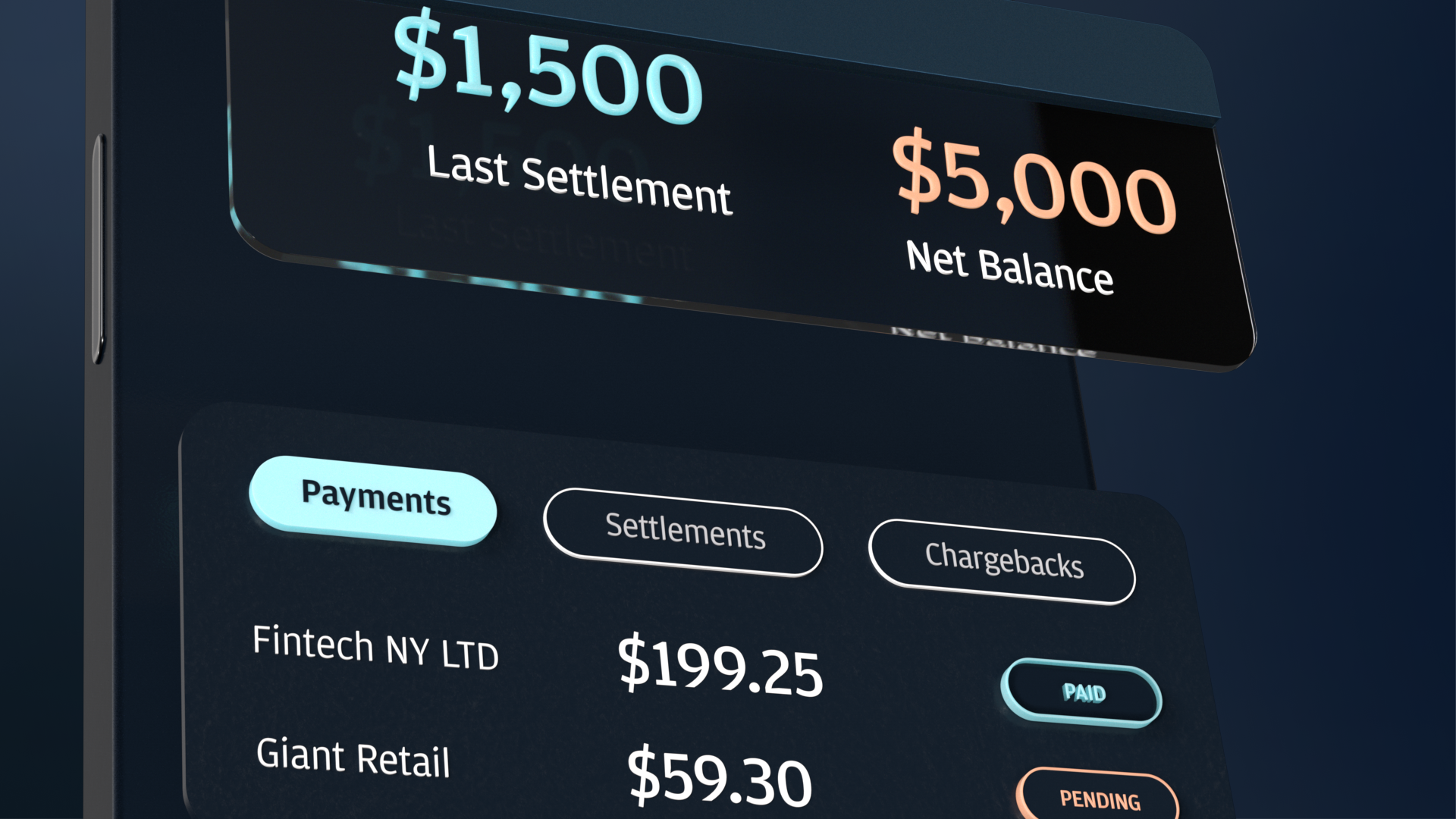Compromise is a fact of life. When you’re choosing where to eat with friends, splitting up household chores, or facing any number of other day-to-day decisions, it’s inevitable that you’ll end up making some trade-offs.
But compromise shouldn’t be a fact of business. When you’re scaling up, you can’t compromise at the expense of your business, your customers, or your colleagues—even in the face of a digital landscape where competition has never been more fierce. That’s how a promising business ends up hurting itself instead of growing.
Of course, it’s not easy to hold firm when the ground is shifting beneath your feet. In just five years, McKinsey predicts that the integrated network economy could represent 33% of the world’s total sales output—a stark sign of how the accelerated digitalization of the payments experience is reshaping industries like retail and consumer goods. As this $100 trillion future comes into focus, the surging demand by clients for integrated experiences has put tremendous pressure on retail and consumer leaders to deliver on modernization all at once. Their customers want lower prices, easy transactions, and seamless experiences alongside full transparency, safety, and fraud protection on every single platform they are on and every marketplace where they make purchases.
Without the right technologies, counsel and support, compromise might seem like a tempting fallback. Enter the world’s largest merchant acquirer: J.P. Morgan Payments. They are able to help businesses practically do it all through an unparalleled combination of world-class banking, financial services, and fintech solutions. By leveraging global infrastructure that moves nearly $10 trillion a day in more than 160 countries and 120 currencies, J.P. Morgan Payments clients use commerce and embedded banking solutions to scale today without losing sight of what will shape their business in the years to come.
“Clients need a partner who has global reach, who offers a network of financial products that not only move and accept payments but also facilitate payouts to third-party sellers, and who navigates regulations in a safe, secure way,” says Ryan Schmiedl, Managing Director, Global Head of Trust and Safety for J.P. Morgan Payments. “We’re in a really unique situation to meet these needs.”

Building marketplace APIs from A to Z
The rise of digital marketplaces illustrates what’s at stake as businesses evolve. If a company wants to create a marketplace or platform to facilitate commerce between buyers and sellers, they need an end-to-end payments solution that can handle frictionless money movement on a global scale, at low cost, while meeting all requirements for risk control and data management within a well-regulated infrastructure. Every element needs to work seamlessly with the rest, or else the marketplace may hit roadblocks as it expands.
Within a small pool of vendors that offer a full spectrum of solutions, J.P. Morgan Payments stands out. They offer the stability and resiliency of a bank alongside a breadth of rails, a broad portfolio of products, complete understanding of regulatory environments across regions and the ability to move money at speed and scale. As a result, the entire marketplace benefits from solutions that are built to grow.
With an engineering mindset that translates their deep financial knowledge into a language that developers know best, J.P. Morgan Payments has streamlined essential processes like onboarding and account validation to facilitate money movement across these growing marketplaces.
“The folks putting together these marketplaces are developers and engineers who want to test APIs in a sandbox,” Schmiedl explains. “We’re bringing together the stability and reach of J.P. Morgan to service the engineering needs of this particular market to create a seamless, frictionless experience.”
Improved trust and safety for the AI era
In such rapidly evolving times, mitigating fraud can feel like playing a high-stakes game of Whack-a-Mole. As customers seek faster payment options and bad actors develop more complex methods of fraud, merchants, platforms and marketplaces face new risks that call for adopting comprehensive trust and safety solutions.
Yet again, compromise isn’t an option. Neither is searching for an impossible silver bullet that can solve all these challenges at once. Instead, Schmiedl says that businesses should implement multiple layers of protection across the entire customer journey, weaving together a trust and safety strategy that together is stronger than the sum of its parts. Fraudsters are constantly looking for paths of least resistance, such as historically vulnerable legacy points, which is why it’s invaluable to find a partner who can offer a full suite of solutions.
Increasingly, the backbone of these solutions is AI/ML technology. Breakthrough applications of AI/ML, neural networks and deep learning have enabled new techniques to improve trust and safety—not just for detecting fraudulent new accounts, analyzing transactions to minimize risk, and identifying anomalous behavior or events within the ecosystem, but also instantly pinpointing fraud and calculating risk at any given point in time.
“Clients demand simple, fast digital interactions, so you need to minimize the impact you’re having on legitimate activity,” Schmiedl says. “If something gets caught, automation makes it as simple as possible for clients to prove their legitimacy—and you can still determine the appropriate level of friction based on risk, which is really important not only today, but also tomorrow.”
The use of this technology isn’t entirely new, of course: For years, businesses have deployed ML-based risk scores to detect fake or synthetic identities, user impersonation, account takeovers, improper or fraudulent payments, stolen credit cards, money laundering, and criminal networks. But improved algorithms and modeling techniques suggest that embedded banking and commerce is at the dawn of a powerful new era for fraud prevention.
Schmiedl stressed the need for further innovation and more sophisticated applications across the customer journey, from ML-based models that predict new threat patterns, to biometrics and device-based behavior monitoring that reduce friction during onboarding and payment, to deep learning innovations that help spot deep fakes. All of these innovations will help pave the way to the future of embedded banking and commerce—and do so without compromise.
“The goal is not only to service customers, but to do so in a very controlled, safe way as we continue to build a modern payments business,” Schmiedl says. “That will be extremely important as we continue to proliferate the digitalization of our economy.”
CTA: Discover how J.P. Morgan Payments is building the future.


































